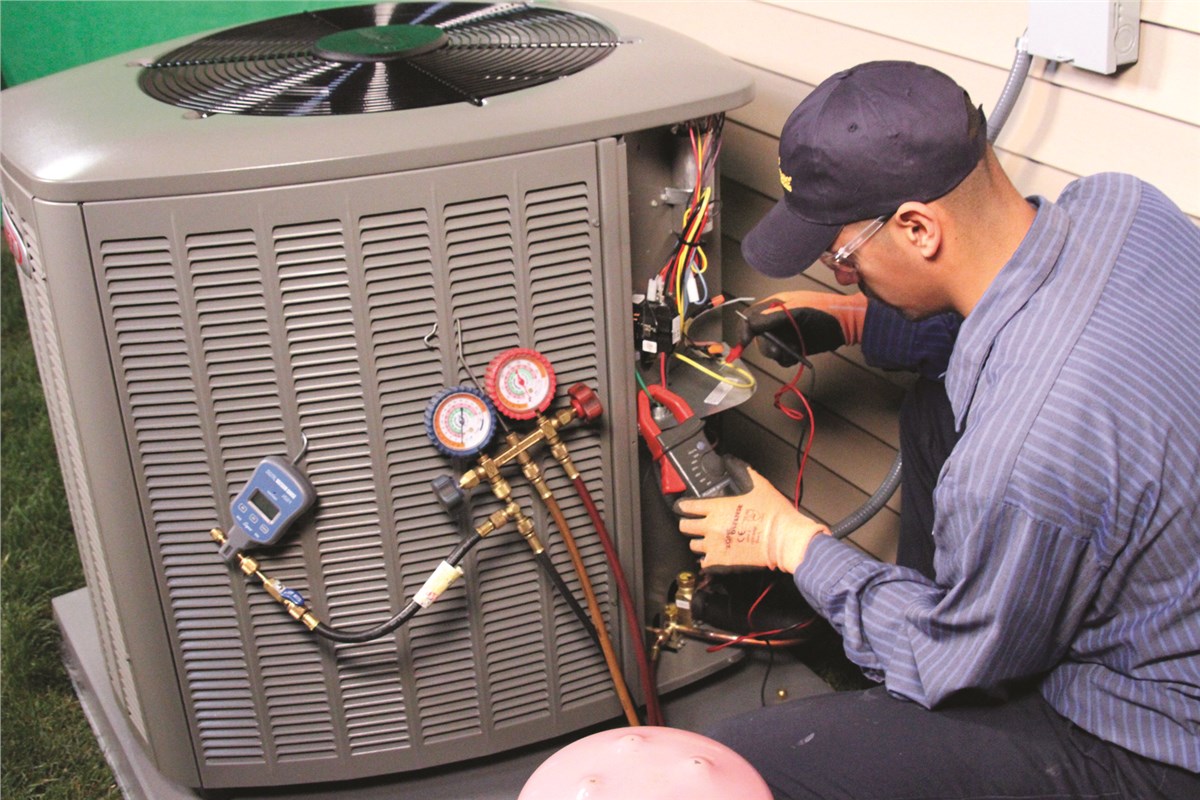Regarding creating a comfortable living environment, understanding HVAC is vital. If you're a homeowner looking to make improvements or an individual interested in learning more about heating and cooling systems, this guide will help you find your way through the often confusing world of HVAC. From choosing the right system to knowing when to repair or swap out your existing setup, we will provide you with the information you need to budget effectively for your HVAC needs.
Your HVAC system holds a crucial role in your home’s overall efficiency and comfort, but numerous people are ignorant of the costs associated with installation, maintenance, and repairs. With this knowledge, you can make wise decisions that not only enhance your indoor comfort but also help you save on energy bills. We'll also explore common HVAC problems and offer solutions, advice for improving energy efficiency, and direction on maintaining good indoor air quality. By the end of this article, you'll be better equipped to understand the costs involved and how to make the most of your HVAC investment.
Comprehending Heating, Ventilation, and Air Conditioning
Heating, Ventilation, and Air Conditioning stands for heating, ventilation, and air conditioning. It functions as a vital aspect of domestic and commercial buildings, ensuring convenience and maintaining indoor air quality. Such systems manage temperature and humidity while offering fresh air through effective filtering and ventilation. They are available in various types, each tailored to meet the specific thermoregulatory demands of the environment they accommodate.
At its core, an heating and cooling system consists of a furnace or thermal pump for heating, an AC unit for cooling, and a network of ducts or pipes that distribute air throughout the building. The system also includes a temperature control device for regulating temperature and filtration systems to filter out contaminants and pollutants from the air. Understanding how each component works together is essential for efficient operation and preservation.
The efficiency of an HVAC system relies heavily on proper installation and routine care. Homeowners and commercial entities must pick the appropriate system based on the size and specific needs of their space. Additionally, routine check-ups and servicing help prevent common issues and confirm the system operates at optimal efficiency, ultimately lowering money on energy bills and increasing the service life of the hardware.
HVAC Maintenance and Effectiveness
Routine maintenance is crucial for keeping your HVAC system running efficiently. This includes tasks such as changing air filters, cleaning coils, and checking refrigerant levels. Neglecting these maintenance tasks can result in decreased system efficiency, higher energy bills, and even unexpected breakdowns. Homeowners should schedule professional inspections at least once a year to ensure all components are functioning correctly and to identify any potential issues before they grow worse.
Efficiency is not just about routine maintenance; it also involves enhancing your HVAC system's performance. Consider using programmable thermostats to set temperatures based on your routine, lowering energy consumption when you're not home. Sealing your home properly and fixing any air leaks can significantly enhance efficiency by allowing your system to operate less while keeping comfort levels. air conditioner in your HVAC usage habits can result in significant savings over time.
Additionally, upgrading to high-efficiency models can yield both short-term and long-term benefits. Latest systems are built with innovative technology that improves efficiency ratings, which means lower energy costs. If your system is more than a decade old, it may be time to evaluate your options. Investing in an eco-friendly HVAC system not only supports reduce your environmental impact but can also boost your home's value and provide you with better indoor air quality.
Advanced HVAC Systems and Advancements

The HVAC sector is always evolving, with developments in tech leading to more effective heating and cooling approaches. One of the most interesting developments is the arrival of smart HVAC systems. These systems can be managed remotely via smartphone apps, allowing homeowners to monitor and adjust their heating and cooling settings from any location. This not only enhances convenience but also leads to energy savings by helping users to fine-tune their setup based on real-time data and usage trends.
Another significant innovation is the incorporation of renewable energy into within HVAC technologies. Solar-powered HVAC solutions, for instance, utilize sunlight to lessen dependence on traditional power suppliers, resulting in lower energy bills and a reduced carbon emissions. Additionally, geothermal heating and cooling technologies are increasing in popularity for their effectiveness and ecological benefits. By taking advantage of the ground's stable subterranean temperature, these technologies can provide ideal indoor environments while consuming less energy than traditional solutions.
As HVAC technologies continue to advance, indoor air quality is a top concern for homeowners and organizations alike. Modern technologies are now equipped with state-of-the-art filtration and ventilation systems that significantly boost indoor air quality. The best air filters and automated sensors identify and respond to airborne toxins and allergens, providing cleaner air while supporting improved health and comfort. These innovations not only make HVAC technologies more optimized but also elevate the overall residential and office environment.
